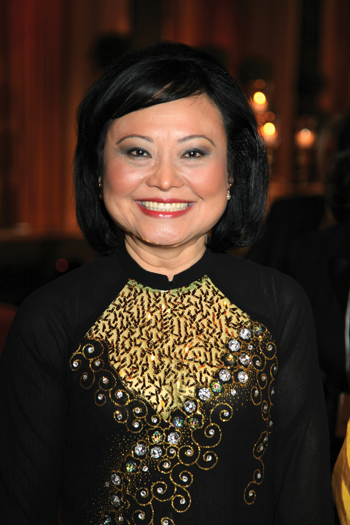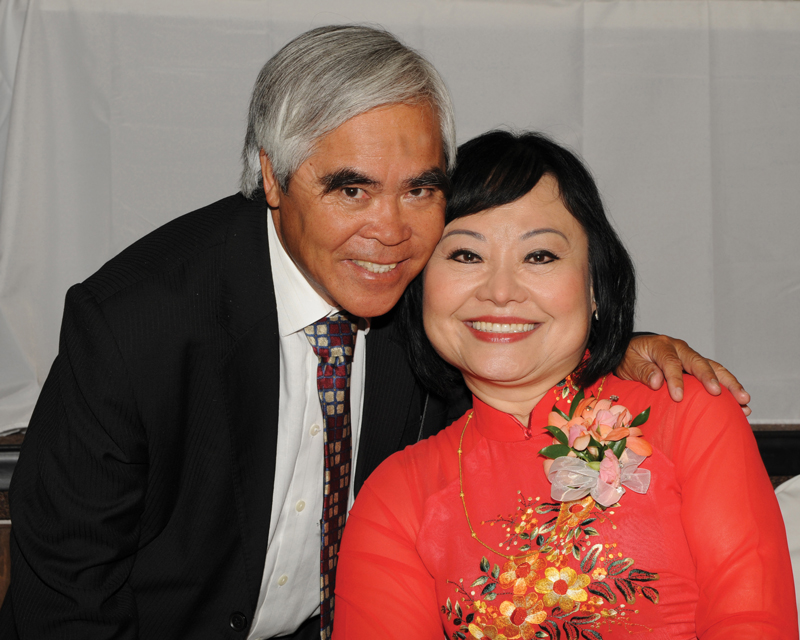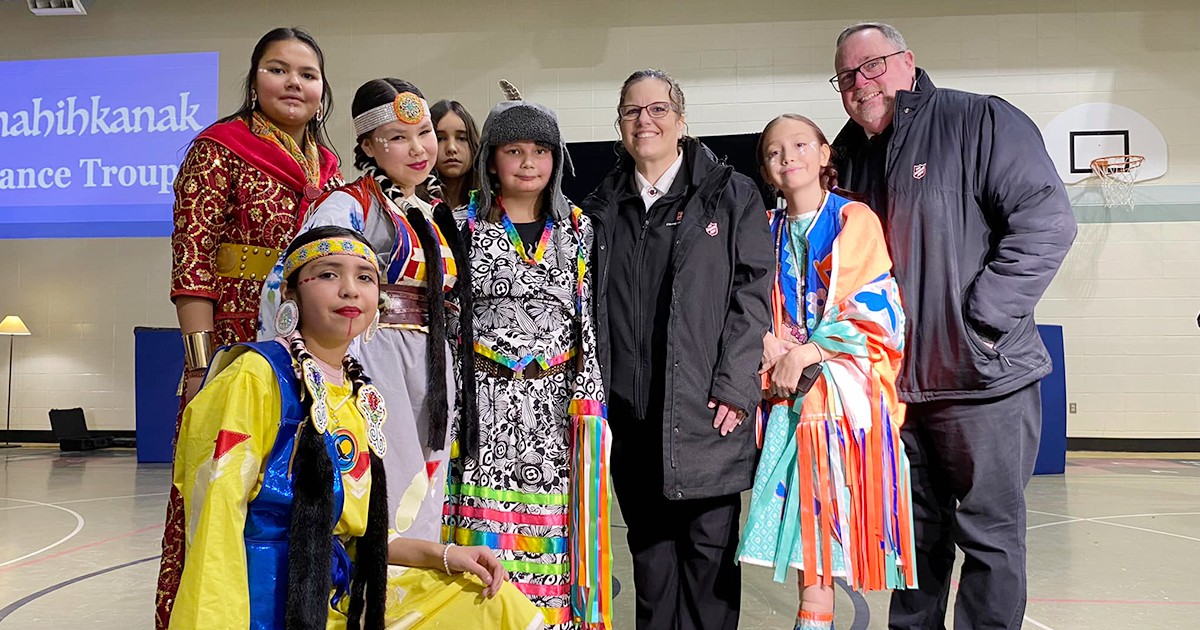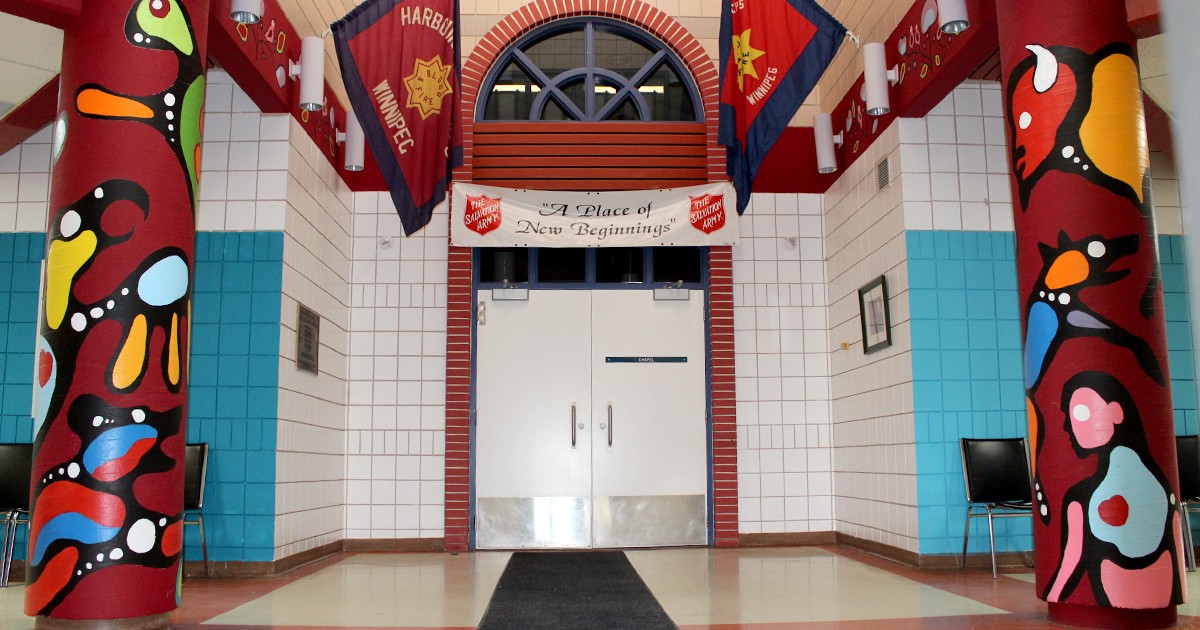Why did you write Fire Road?
I wanted to share my story about what happened to me as a child. I used to feel a lot of hatred, anger and bitterness. I’d ask, “Why did this happen to me? Why do I have to suffer?” I was in darkness. But now I have peace and joy. I went through many trials and challenges, but God helped me get through all of them. With Fire Road, I want to tell people that God has been so good to me. I want to express my thankfulness to Him and let readers know that they can have peace and joy like me.
What was the most difficult part for you to write?
The hardest part was remembering how my parents watched me suffer as a child, wishing they could carry that burden, that pain, for me. I’ll never forget when my dad told me about how he stayed beside my bed, waiting until I moved my eyes, making sure I was still alive. Now that I’m a mother and a grandmother, it’s very difficult for me to think about what my mom and dad experienced.
 Kim with her son, Thomas. “No one believed I would ever be physically able to bear children,” Kim says. “Thomas’ arrival in 1994 proved them wrong!” (Photo: © Anne Bayin)
Kim with her son, Thomas. “No one believed I would ever be physically able to bear children,” Kim says. “Thomas’ arrival in 1994 proved them wrong!” (Photo: © Anne Bayin)
It was also difficult for me to go back to the time when I was filled with hatred and bitterness, before I became a Christian and learned about forgiveness.
You found political asylum in Canada in 1992 and settled in Toronto. After what you’d been through, it must have felt like a whole new world.
Yes! It was my dream. I kept praying that God would open the door for me—I just wanted to have freedom. I had spiritual freedom because I became a Christian in 1982, but I wasn’t a free citizen. So when I came to Canada—Wow! It was so wonderful. I didn’t know much about Canada. I had no money, no friends, nothing. But I had faith, so I had everything. When people ask me, “Who sponsored you to come to Canada?” I say, “God did!”
In the book, you write that you’ve learned to love your scars. How is that possible?
The bottom line is that my heart has been healed. Before, when I looked at my scars, I hated them. I thought they were so ugly. I didn’t know about my future then, that one day I would be a goodwill ambassador for UNESCO; that I’d have the opportunity to meet kings and queens in Europe, to share my story with everyone; that I’d have the opportunity to help children in Africa [through the Kim Phuc Foundation]. I treasure these opportunities. I love my life. So when I look at my scars, I’m thankful because I know that all the things I’m doing right now are not because of me; it’s because of God. He knew my future, He gave me these opportunities and I never
take it for granted.
 Ambassador to Peace: Kim Phuc Phan Thi is a UNESCO goodwill ambassador who has received numerous awards and recognitions for her commitment to global peace and reconciliation (Photo: © Richard Kimball)
Ambassador to Peace: Kim Phuc Phan Thi is a UNESCO goodwill ambassador who has received numerous awards and recognitions for her commitment to global peace and reconciliation (Photo: © Richard Kimball)
My scars are rough and hard, and still painful, but when the pain comes to me, I pray, “God give me strength. Help me to deal with it.” I’ve learned not to focus on the pain because then it seems bigger. The more I pray, the more peace I have.
In the acknowledgments of Fire Road, you’ve written a note to the pilot who dropped the napalm, saying that you’d like to meet him. Why did you include this? I pray for him every day, even though I don’t know him. If he’s still alive, I want to let him know that I forgive him. I want to give him a hug and let it go. That is my heart.
In the book, you write that we all have our own “fire road.” What do you mean by that?
Everyone has their problems and challenges. My fire road has cost me so much—not only that physical fire when I was nine, but my whole journey. I have had many fires along the way! You may have a different road, but if we have hope, if we have joy, we can get through it, and then we can help other people.
What do you hope readers will take away from Fire Road?
I received a letter from a teenager who read my book. She told me about her mother, who had treated her badly. Later, her mom became sick and ended up in the hospital.
“After I read your book,” she wrote, “I went to the hospital, held her hand, and I was able to say, ‘I love you, Mom.’ Later, my mom died and I was so happy that we reconciled. If I didn’t go see her, I would have missed that opportunity forever and regretted it for the rest of my life. You gave me hope and peace, that I could take that action.” It made me cry when I read that.
We have to learn how to live with love, hope and forgiveness. That’s why I wrote Fire Road. Everyone can do it—if the “napalm girl” in the picture can do it, you can, too.










Leave a Comment